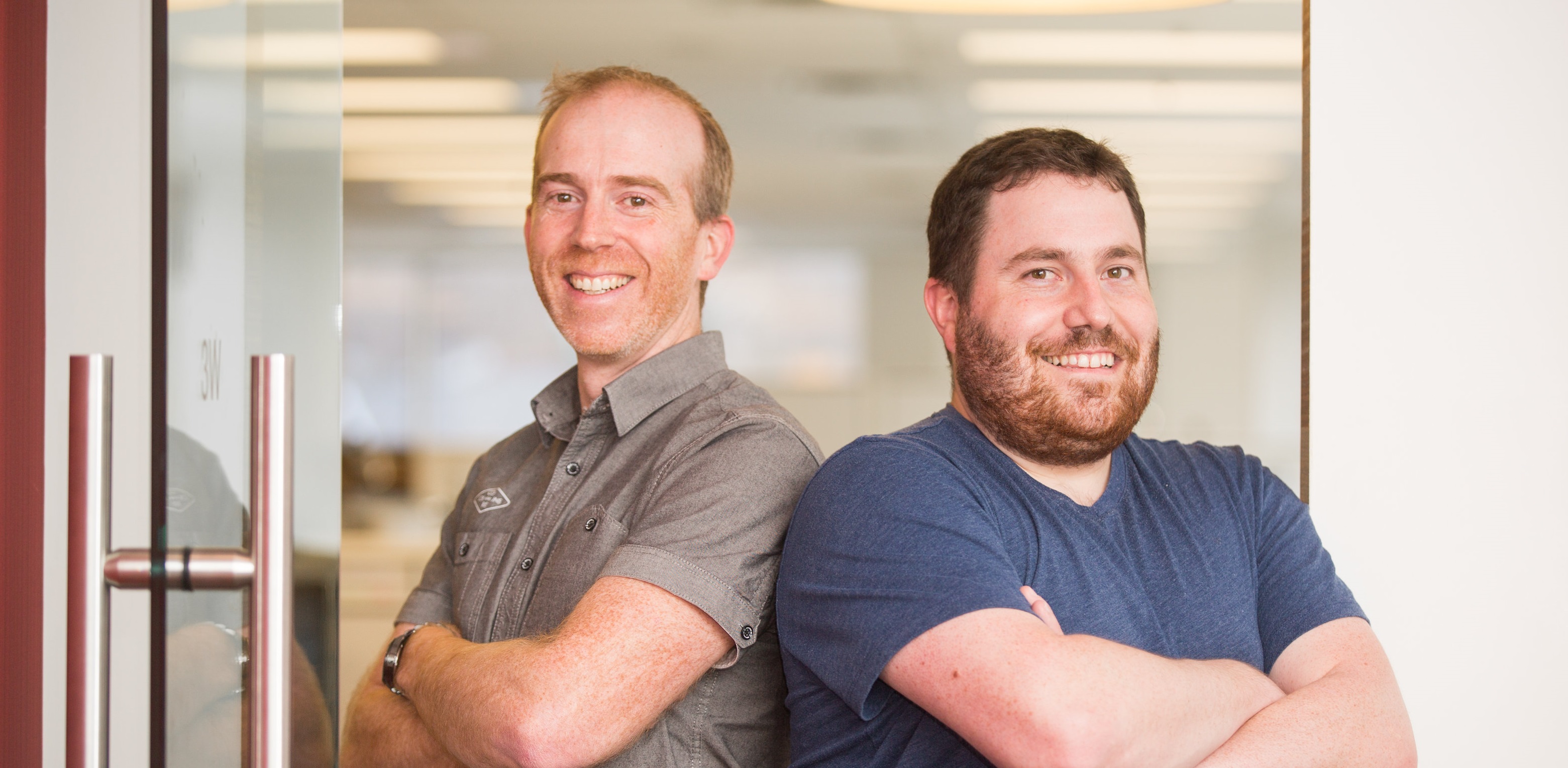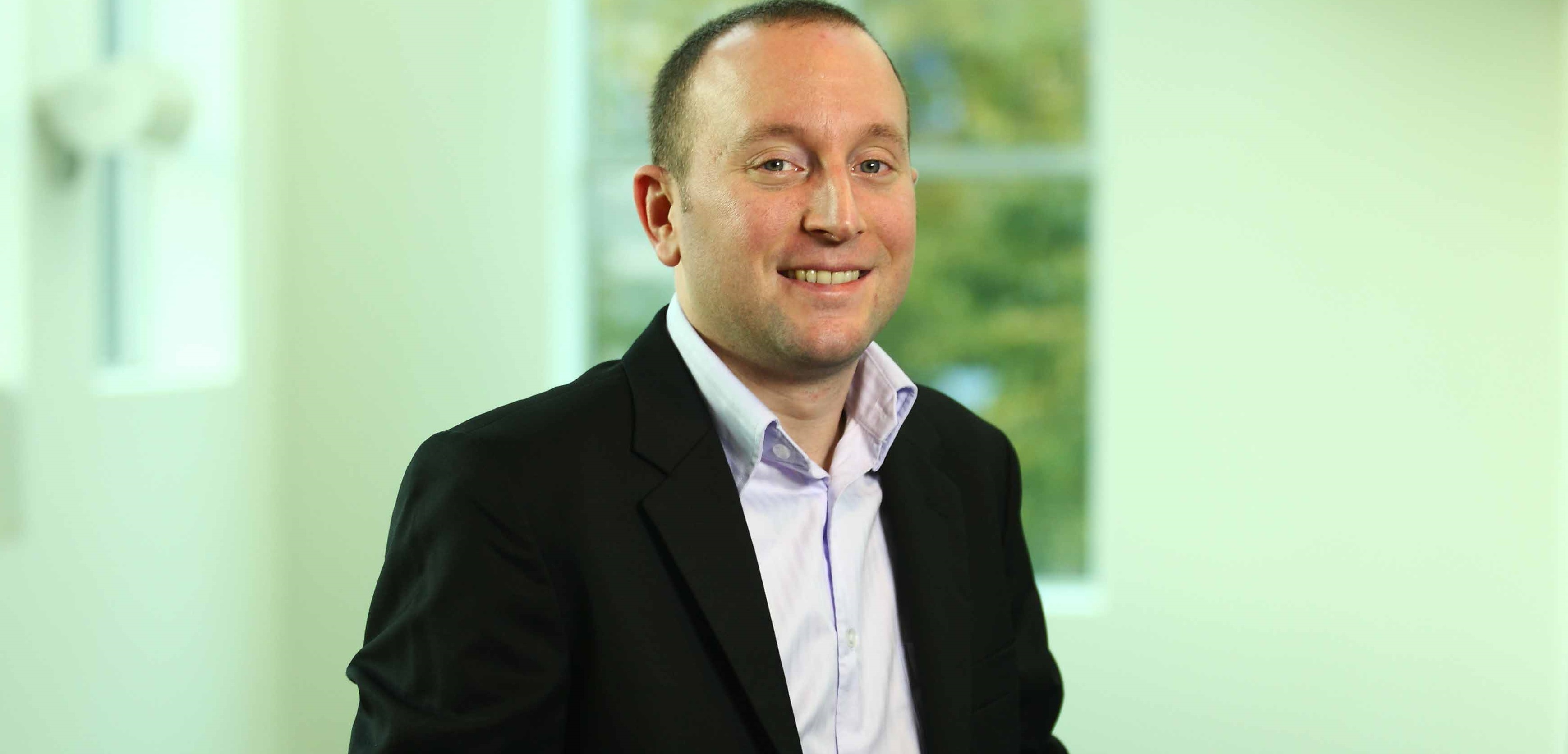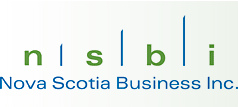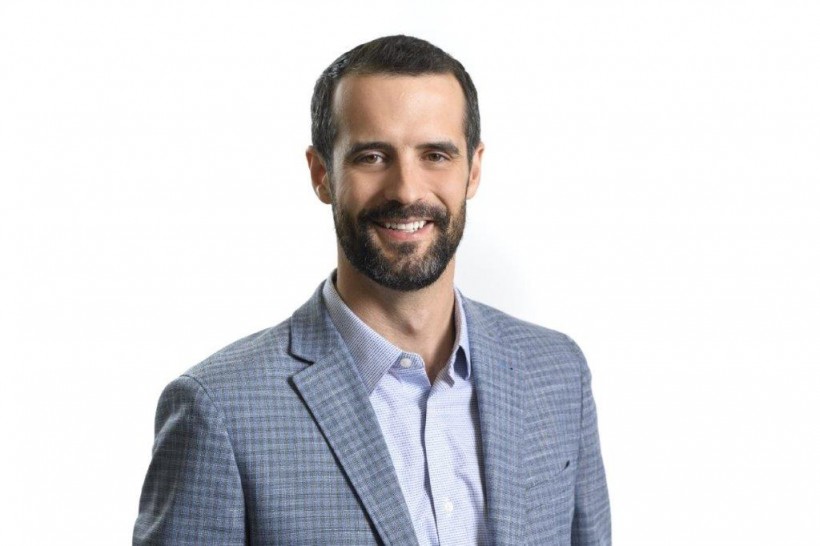Sponsored Content
When Chris Cowper-Smith was planning to hire a new head of sales for Spring Loaded Technology, he wanted to do more than add an executive. He wanted to change the company’s sales processes, focusing on proximity to the customer.
In April, the CEO of the Dartmouth-based maker of next-generation knee braces, announced the new Vice-President of Sales would be Joe Khalifa, a Washington, D.C.-based sales executive. He was chosen for his long career in the orthopedic device and brace markets, as well as extensive experience managing sales and guiding new product launches.
Spring Loaded – whose “bionic” knee braces not only stabilize the joint but add power to it – had been selling mainly online. To really get its product into the massive U.S. market, it needed someone who understood and could navigate the complications of the American medical device market – the regulations, the insurance markets, the hospitals and the retail networks.
“For a long time, we were selling direct to consumers, and we were doing it with an internal sales team in Nova Scotia,” said Cowper-Smith in an interview. “We’re still doing it and it’s effective. But ultimately, in our market, you have to have sales through traditional sales channels.”
Spring Loaded Technology’s story illustrates a challenge facing scale-ups across Nova Scotia – indeed, across Atlantic Canada and all locations away from major metropolises. How do you overcome the cost burdens – the seemingly overwhelming expense – of accessing the markets where your customers are based?
After posing that question to a range of founders, experts and advisers, the message that came back is how you do it doesn’t matter. But one way or another, scaling companies have to find a way to get sales personnel inside the markets. It’s not a matter of the cost so much as a vital part of building a company that reaches global clients.
The strategies could include opening an office in a foreign country, hiring sales freelance execs in the chosen market or travelling to key markets every month to meet key clients. Or it could be a combination. The important thing is to have a year-round presence in front of key clients.
Having a person in market is more than just an HR move. Yes, it often requires a disciplined hiring process to find key personnel. Or it may mean ensuring key people in head office are taking on some of the CEO’s duties because the top exec is on the road so much. Beyond that, the personnel moves go hand-in-hand with significant strategic changes that are part of the process of evolving from a startup to a high-growth company.
Consider again the case of Spring Loaded Technology. The seven-year-old company has produced the Levitation brace, whose ability to add power to the knee allows people with mobility problems to move more freely. The Levitation line includes the world’s first tri-compartment unloader knee brace. It reduces pressure throughout the knee while enhancing strength to alleviate pain and improve mobility for people with knee arthritis and injuries. The product has literally changed the lives of some people by letting them enjoy greater mobility. But selling them can be complicated, especially in the U.S. It can involve doctors, physiotherapists, distributors, retailers, and the all-important insurers. Any sale may require some combination of these groups being familiar with the Levitation knee brace and understanding its efficacy.
Every type of medical device in the U.S. is given some sort of code that insurance adjusters can use to quickly enter in an insurance form, said Cowper-Smith. The problem for Spring Loaded has been that its bionic knee brace didn’t fit snugly into an existing classification. It has had to educate adjustors about the product and get them to use a new code for the product.
“I can’t tell you how many times I heard someone tell me that strategy will not work,” said Cowper-Smith. “But we’ve got it working, and now we have the added fire power of having Joe Khalifa in the market in the U.S.”
What Khalifa brings to the operation is years of experience in the orthopedic market, so he has contacts and is trusted in the various groups needed to make sales. And the company has found that each additional sale helps to make the process a little more acceptable to the broader market.

When Affinio Co-Founders Tim Burke and Stephen Hankinson needed a VP of Business Development, they chose Jason Ford in San Francisco.
Spring Loaded is not alone in positioning key people close to clients. In fact, think of the Nova Scotian scale-ups that have shown the most success recently, and you’ll likely think of companies with an overseas presence. The largest venture capital deal ever in Atlantic Canada was the recent US$30 million (C$40 million) round closed by Halifax-based ABK Biomedical, whose technologies improve the process of using tiny beads to attack certain cancer tumours. It’s not a coincidence that ABK Chief Executive Michael J. Mangano is based in the Los Angeles area.
When Affinio – a Halifax data analysis company that raised US$9 million in late 2017 – needed a Vice-President of Business Development, it hired Jason Ford, a 15-year veteran of the San Francisco tech industry.
Metamaterial Technologies Inc., which develops synthetic compounds that alter light, has offices in both the East End of London and in Pleasanton, California, as well as its headquarters in Halifax. Though the London office is primarily an R&D facility for medical technologies, it also helps with the sales efforts.
“This office acts in a sense as a European sales office, so from time to time we will perform demos for clients or hold sales meetings here,” said MTI Chief Science Officer, Themos Kallos, in an interview in the company’s office at the Queen Mary BioEnterprise Innovation Centre in London’s Whitechapel district.
Looking at other companies in the region, we can see that Fredericton AgTech company Resson – which raised two VC rounds of about $14 million each in the past two years – is headed by CEO, Jeff Grammer, based in Silicon Valley. And Introhive, a relationship intelligence company based in Fredericton and Washington, D.C., raised a US$15.3 million round last year.
Yes, there is a pattern developing. Many of the companies in the region that raised the most money have a foreign presence.
“If you’re going to scale in a significant way – if we’re really going to move the bar – being in-market on an ongoing basis can be influential to export success,” said Lisa Dobson, the sector lead for export in ICT at Nova Scotia Business Inc. “And there are ways to de-risk [foreign expansion], to try it out and test-drive it.”

CloudKettle CEO Greg Poirier: Targeting a small market can skew a SaaS company's pricing.
So when should startups begin to develop their presence in foreign markets? At the outset, says CloudKettle CEO, Greg Poirier. The Software-as-a-Service tech consultancy that advises major international customers is based in Halifax, but Poirier spends about a week a month in San Francisco and Seattle, while his partner, Jon McGinley, spends about the same amount of time in Toronto, Boston and New York.
Speaking for SaaS companies targeting enterprise clients, Poirier argues that companies have to position themselves in front of clients outside Atlantic Canada as they develop their product and pricing structure.
Finding the proper price point is essential in developing an enterprise SaaS product (defined as a product that costs $10,000-plus a month), Poirier argues. The price point can tell you what features you can build out, what support staff you can afford and can affect your sales strategy. And, he says, you cannot develop a price point in Atlantic Canada because there aren’t enough large companies and those that are here tend to be frugal in their technology spending.
“This is a small market, but that’s not the only problem,” said Poirier, who estimates 90 percent of his company’s revenue comes from companies based in San Francisco and Seattle. “The problem is that it can skew your pricing.”
His advice is to budget in travel from the outset and maintain that foreign presence as you grow. He said Nova Scotia Business Inc.’s Export Growth Program – which defrays the costs of companies flying to clients to close deals – is an excellent way to reduce the costs of getting to key markets. (Founders we’ve spoken to have other hacks for reducing the cost from renting camper vans while in U.S. cities to joining pet-sitting sites to stay in people’s homes free).
Dobson also points to the organization’s work on Scale-Up Hub: Cambridge, which has been a successful vehicle for developing a portfolio of clients who are thinking about opening a US sales office in the Greater Boston market. The program provides office space, access to a professional business development consultant to assist the companies in finding leads, and secure access to strategic advice from a network of C-level executives. The companies have to commit to being in Boston for a week a month throughout the year.
“There are clear and distinct advantages to sustaining your presence in market,” said Lisa Dobson.
Scale-Up Hub: Cambridge, which graduated three companies last year, has increased their combined revenues by $2 million.
Originally designed by Nova Scotia Business Inc. for Nova Scotia tech firms, the program has recently rolled out to the four Atlantic Canada Provinces and is partially funded by the Atlantic Canada Opportunities Agency. Scale-Up Hub: Cambridge has six Atlantic Canadian scaling companies in the Boston area right now and their primary goal is to achieve accelerated sales. The six companies have a base in Kendall Square, Cambridge, MA, near MIT, for a one -year period.
This article was sponsored by Nova Scotia Business Inc.

About Nova Scotia Business Inc.
Nova Scotia Business Inc. is the private-sector led business development agency of Nova Scotia, Canada. We attract global investment to create new jobs across the province and work with companies in all communities to be more successful exporters. Our clients benefit from our business advisory services, skill development and training, financing, and support as they access global markets and succeed in the global economy.










